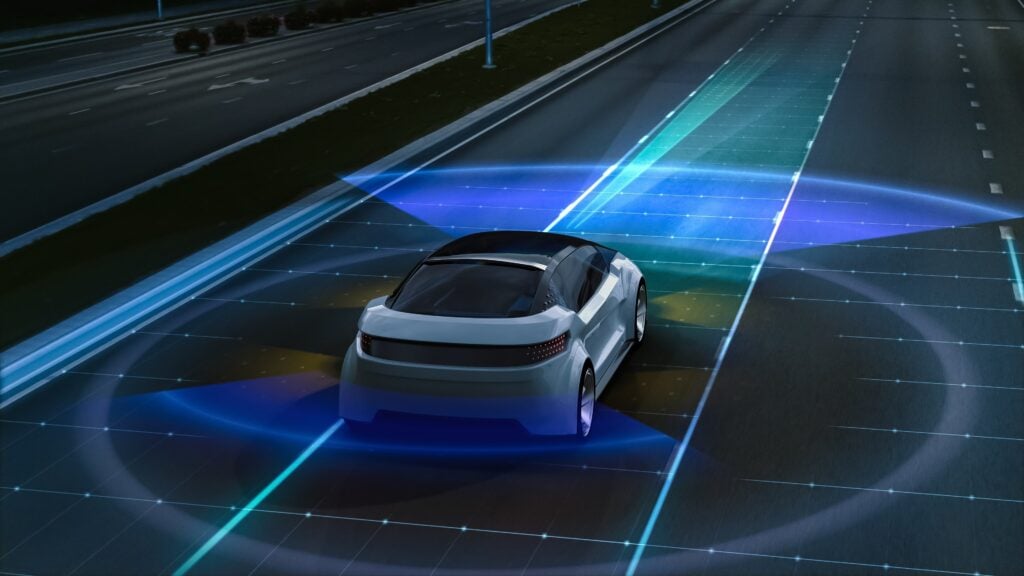Rise by Six: Your Daily Dose of Inspiration
Explore insights and stories that elevate your day.
Self-Driving or Self-Distracting: The Real Costs of Autonomous Cars
Uncover the shocking truths behind self-driving cars and their impact on our lives. Are they the future or just a distraction? Find out now!
The Hidden Costs of Autonomous Vehicles: Are We Trading Safety for Convenience?
As the world increasingly embraces autonomous vehicles, we must consider the hidden costs associated with their widespread adoption. While the allure of convenience and efficiency is undeniable, these vehicles may come with trade-offs that are not immediately apparent. One significant concern is the potential compromise in safety, as automated systems depend heavily on complex algorithms and sensors. Failures or malfunctions in these systems could lead to dire consequences on the road, raising the question: are we putting our lives at risk for the sake of progress?
In addition to safety concerns, there's also a financial aspect that deserves attention. The high cost of implementing and maintaining autonomous technology can translate to increased expenses for consumers. For instance, insurance rates may rise as companies adjust their policies to account for the risks associated with self-driving cars. Furthermore, the potential loss of jobs in driving-related fields could strain the economy, leading to greater societal impacts. As we navigate the transition to this new era of transportation, it is essential to weigh the benefits against these hidden costs carefully.

Self-Driving Cars: A Boon or Bane for Our Attention Span?
The advent of self-driving cars has sparked a debate about their impact on our attention span. On one hand, these autonomous vehicles promise to free up time for passengers, allowing them to engage in activities previously hindered by the need for constant vigilance while driving. For instance, individuals can now read, work, or even relax during their commute, theoretically enriching their lives and decreasing stress levels associated with traffic. This newfound freedom might lead to a more productive society, where people utilize travel time for activities that foster growth and creativity.
However, the reliance on self-driving technology also raises concerns about diminishing attention spans. As passengers become accustomed to disengaging from the act of driving, they might struggle to concentrate on other, less automated tasks in their daily lives. The potential for a more distracted society is real, as the mindset of always being 'plugged in' could seep beyond the vehicle experience, impacting our general focus levels. Ultimately, the challenge lies in finding a balance between embracing innovation and preserving our cognitive abilities in an age of increasing technological convenience.
How Autonomous Cars Could Change Our Commuting Habits Forever
The introduction of autonomous cars into our daily lives promises to significantly alter our commuting habits. As these self-driving vehicles become more prevalent, we can expect a shift towards increased productivity during commutes. No longer constrained by the need to focus on driving, passengers will have the freedom to engage in various activities such as working, reading, or even socializing. This transition could lead to a more enjoyable and efficient way of traveling, as individuals utilize their travel time to enhance their personal and professional lives.
Moreover, the widespread use of autonomous vehicles is likely to reduce traffic congestion and improve overall road safety. With advanced algorithms and real-time data analysis, these cars can optimize routes and manage traffic flow, resulting in shorter travel times and less frustration for commuters. The potential decrease in accidents caused by human error could also promote a greater sense of security while on the road. Ultimately, as autonomous cars integrate into our transportation systems, we may find ourselves embracing a new era of commuting, characterized by greater efficiency and improved quality of life.